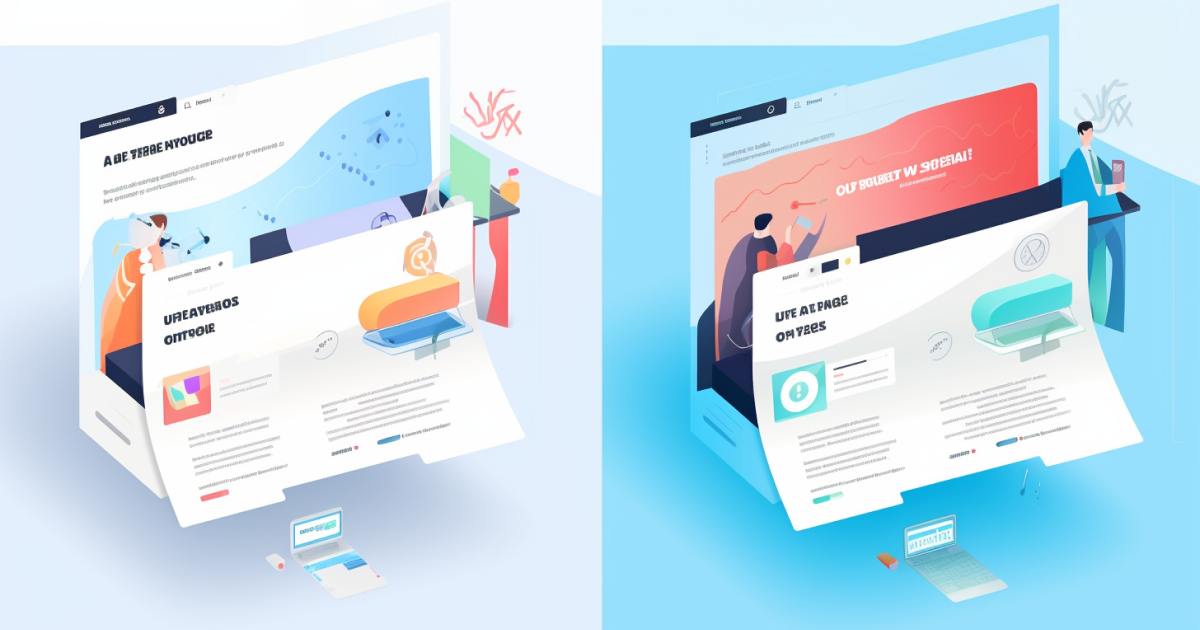

As AI technologies continue to advance, they are transforming the creative industries in significant ways. From music and art to literature and film, AI is being used to automate routine tasks, generate original content, and even create works that challenge our very definitions of creativity. But as AI becomes an increasingly powerful tool for the creative process, it is also raising important questions about the role of human creativity and the ethics of AI-generated works.
In this article, we will explore the potential future of creativity in an era of human-AI collaboration. We will examine the challenges and opportunities that may arise as AI technologies continue to advance, and consider the ethical implications of AI-generated content.
As AI technologies continue to advance, they will enable human creators to automate routine tasks, generate new ideas faster, and explore possibilities that were previously unimaginable.
Looking ahead
The potential future of creativity in an era of human-AI collaboration is one of increased productivity, innovation, and creativity.
As AI technologies continue to advance, they will enable human creators to automate routine tasks, generate new ideas faster, and explore possibilities that were previously unimaginable. This will open up new frontiers for creative expression and drive innovation in every industry.
At the same time, human-AI collaboration will also challenge us to rethink what it means to be creative and what value we place on human creativity in a world where machines can create art, music, and literature. It will require us to consider the ethical implications of AI-generated content and ensure that the human voice remains at the centre of the creative process.
Overall, the potential future of creativity in an era of human-AI collaboration is one of exciting possibilities and complex challenges. By embracing the power of AI technologies and ensuring that the rights of human creators are protected, we can unlock the full potential of human-AI collaboration and create a brighter, more creative future.
Challenges and opportunities
As AI technologies continue to advance into creative fields, there are several challenges and opportunities that may arise.
One such area is the automation of routine tasks and its potential impact on employment in the creative industries. Additionally, the automation of routine tasks has raised the question of authorship and who should be credited for any artificial works created by AI technology. In recent years, advances in AI technology have enabled machines to create works, such as music and artwork. This raises ethical considerations about who is to be credited for the creation of these works or whether an AI system should be entitled to the same protection under intellectual property laws as a human author.
Authorship
In addition to authorship, there is also the issue of determining what criteria should be used to determine the originality of AI-generated content. As AI systems become increasingly sophisticated, it is possible that they may be able to generate works which are indistinguishable from those created by humans and this raises questions over how to determine whether such works should be eligible for protection under intellectual property laws. Finally, there is a risk that AI-generated content could be used for nefarious purposes such as creating fake news or manipulating public opinion.
This is a concern that has been expressed by many in the AI community and has led to calls for increased regulation and oversight of the use of AI technology.
However, there are also many exciting opportunities that may arise as AI technologies continue to advance in the creative fields. The use of AI in creative industries has the potential to increase productivity and efficiency by allowing human creators to automate routine tasks and focus on more complex, value-added activities. This can lead to the generation of new ideas at a faster rate and the exploration of possibilities that were previously unimaginable. Additionally, human-AI collaboration has the potential to drive innovation and creativity in every industry, and can even cause us to rethink the definition of creativity and explore the full potential of AI-generated content.
As the field of AI continues to develop, it is becoming increasingly clear that human-AI collaboration has the potential to revolutionise the creative industries. By allowing human creators to automate routine tasks and focus on more complex, value-added activities, AI has the potential to increase productivity and efficiency in the creative process. Additionally, the ability of AI to generate new ideas at a rapid rate and explore previously unimaginable possibilities has the potential to drive innovation and creativity in every industry. As we continue to explore the full potential of AI-generated content, it is important to keep in mind the potential for human-AI collaboration to shape the future of creativity.
Monthly Bulletin
Sign up for product, growth and GTM development tips for innovators
















.png)
















.png)






























